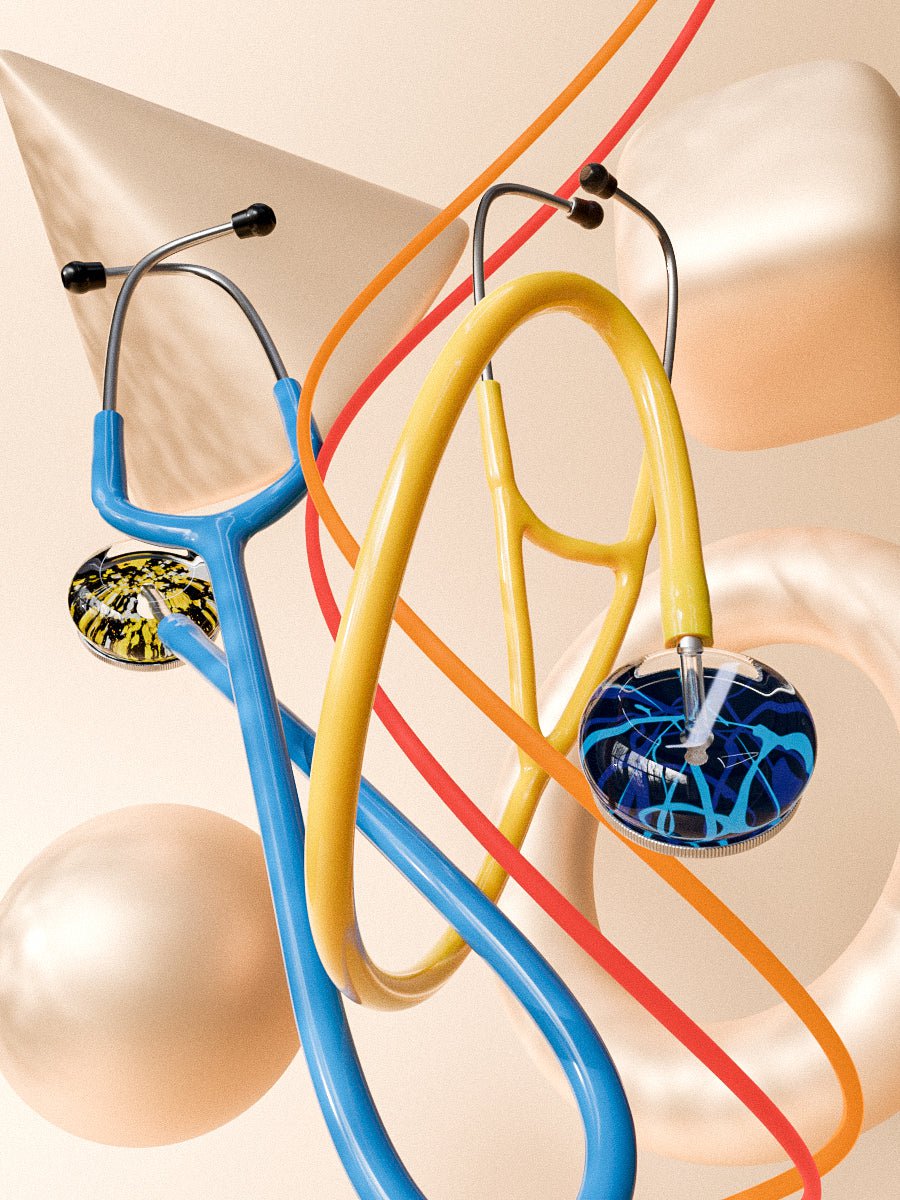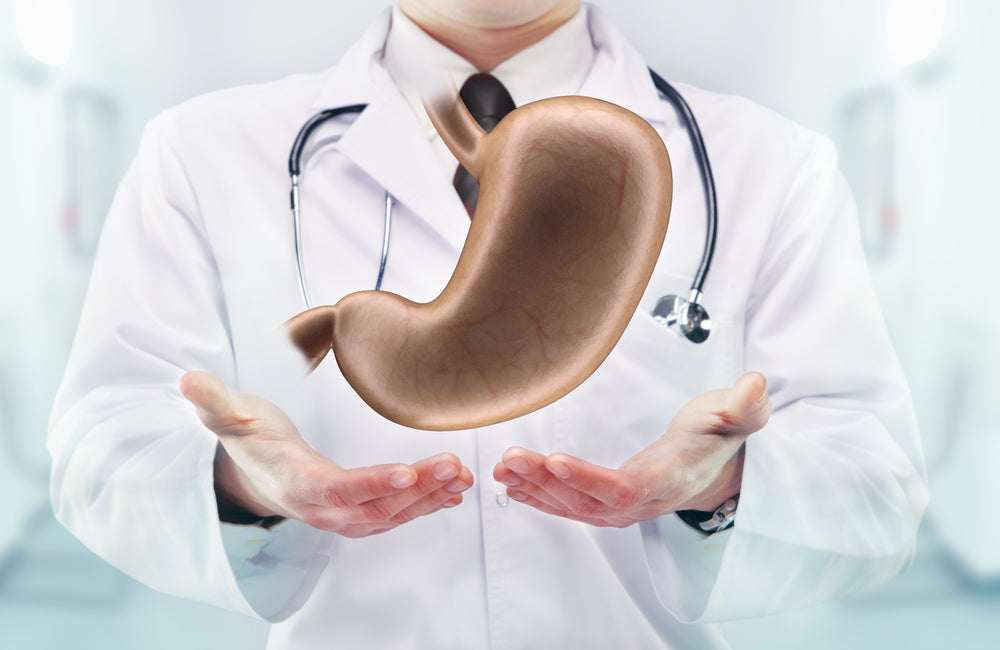Doctors use a stethoscope on the stomach for many reasons. One of the most common reasons is to check for bowel sounds. This may be done as part of an exam or because they are worried about constipation, diarrhea, pain with bowel movements, or other symptoms. They also use it to listen for heart murmurs and lung congestion. The diaphragm of the stethoscope can pick up vibrations from different organs in your abdomen that will give them more information about why you might have a symptom such as bloating or abdominal pain.
Doctors use stethoscopes to hear the sounds of your stomach. There are three types of sounds that doctors can listen for when they have a patient on their exam table. Bowel sounds, borborygmic, and tympanic membrane sounds. Let's take a closer look at what these sounds sound like with a stethoscope and what the determining factors of these sounds may be.
Bowel Sounds:
Bowel sound is the most common type of sound you'll hear from the stomach and it usually indicates food moving through your intestines. It's the gurgling sound from liquids in your intestines that are moving through.
Borborygmic:
This is a type of bowel sound and it sounds like turbulence with air bubbles, usually associated with gas mixed in or stomach acid refluxing into the esophagus. This can be due to certain medications as well as eating foods that cause gas.
Tympanic Membrane Sounds:
There are other sounds you can hear with a stethoscope as well, such as tympanic membrane sounds. These indicate the sound of air entering your stomach or esophagus and then leaving through your mouth while swallowing food or water. This is why you place the stethoscope on your stomach, you can hear swallowing.
Hypopharyngeal Sounds:
This is a type of bowel sound and it sounds like turbulence with air bubbles coming from gas or fluid in the esophagus. This occurs when someone has difficulty swallowing liquids because they have too much saliva or mucus in their esophagus, which is why it can also be heard when someone has a throat infection.
Stomach Sounds:
There are many stomach sounds that the stethoscope can pick up. These include gurgling, swooshing or bubbling noises and these usually indicate an empty stomach. But they may also occur in pregnant women who are experiencing morning sickness or when someone has an ulcer in their stomach.
What else can a stethoscope be used for?
Blood pressure:
Blood pressure is often checked with a stethoscope. This is done by listening for the first sound of a heartbeat and then counting how many heartbeats occur in one minute.
Heart sounds:
A stethoscope can also be used to listen to someone's heart, as well as other internal organs like the lungs or stomach. This is done by feeling with your fingers where you think these organs are located.
Common symptoms heard when using a stethoscope on the stomach:
-gurgling of gas or liquids in stomach
-heartbeat (normally can only be detected with a special type called an endep- stethoscope)
-bubbling, gurgling sounds that are often associated with ulcers.
What can doctors detect when using a stethoscope on the stomach?
-listening for gurgling of fluids or gas in the stomach, which may indicate inflammation
-checking to see if the heart is beating normally and listening for abnormal sounds such as gallbladder stones. If these are detected, they need to be treated with surgery.
The doctor may also be able to hear abnormal sounds from the stomach, such as bubbling or gurgling. These are often associated with ulcers and need to be treated by surgery if detected. The stethoscope is used in this way so that doctors can identify potential problems before they become serious enough for people to notice them themselves.
In Conclusion:
When it comes to using a stethoscope for the stomach there are an array of things that doctors are listening for. These different sounds can indicate what type of issues are taking place inside the body. Everything from indigestion to stomach ulcers can be determined with the stethoscope tool. Often more tests can finalize the determination of a full diagnosis but the stethoscope can help lead doctors in the right direction.





